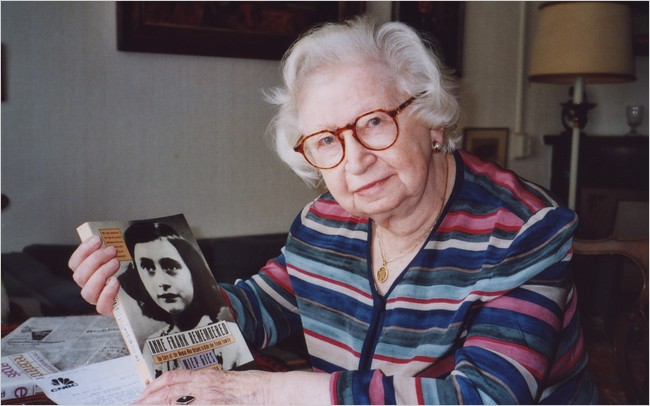
Miep Gies (born February 15, 1909) Dutch humanitarian – Anne Frank Remembered (1987)
Miep Gies was one of the helpers who sheltered Anne Frank and her family
Visit the Miep Gies website here
[From the Miep Gies website FAQ]
9. What made you risk your life to help the families?
Miep Gies: "An important factor in taking this load on my shoulders was my personal history. My home country Austria engaged itself in a war, that lasted from 1914 till 1918. It lost everything it once had. Food became very scarce and I, eleven years old, fell ill with tuberculosis. My parents could not give me the nourishment and medicine I needed. Therefore, they accepted the offer from a Dutch family to take me in on a temporary basis. I remember sitting lonely and crying in a train with a cord around my neck and a sign hanging from it, stating my name: Hermine Santruschitz.
After a 700 mile train ride I arrived in the Netherlands, welcomed by a family that spoke a strange language. They already had five kids and had to live on a modest salary. Still they shared everything they had with me and sent me to fine schools. In return for this good fortune, I was now able to help other people!
I further foresaw, that if I would not help, my conscience, later, would torture me. So, I helped, hoping that all, who would meet the same dilemma, would understand my reasoning and will reach out too."
Read Miep Gies' obituary here and here
Watch Miep Gies speak about hiding the Frank family
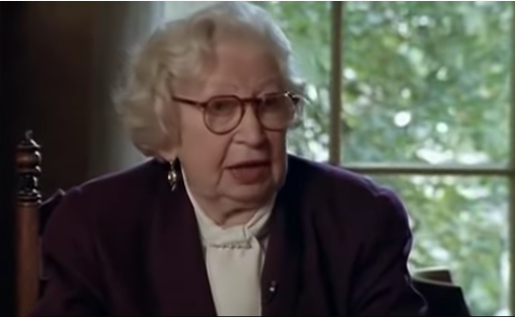
here
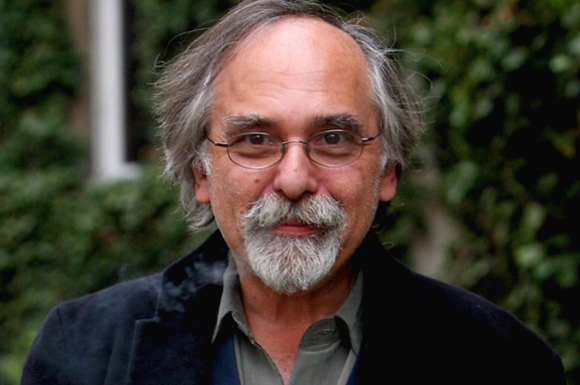
Art Spiegelman (born February 15, 1948) US cartoonist, graphic novelist - Maus (1980)
Read more about Spiegelman here
Watch a 1992 interview of Spiegelman
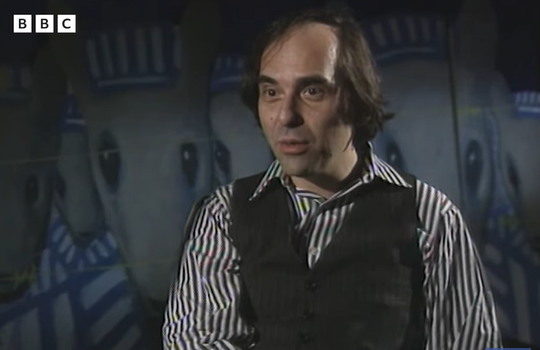 here
here
Watch Spiegelman discuss (in 2022) the banning of Maus in the US state Tennessee here
Spiegelman: "I think it is a harbinger of things to come."
Watch the 2022 Democracy Now! interview of Spiegelman here

Brian Holland (born February 15, 1941) – U.S. songwriter (with brother Eddie and Lamont Dozier, Motown hits)
Listen to the Four Tops sing"Sugar Pie, Honey Bunch"
written by the Holland-Dozier-Holland team
Listen to the Four Tops sing "Reach out, I'll be there"
written by the Holland-Dozier-Holland team
Stop! In the Name of Love
Stop! in the name of love
Before you break my heart
(Won't you stop?)
Baby, baby
I'm aware of where you go
Each time you leave my door
I watch you walk down the street
Knowing your other love you'll meet
But this time before you run to her
Leaving me alone and hurt
(Think it over)
Haven't I been good to you
(Think it over)
Haven't I been sweet to you
Stop! in the name of love
Before you break my heart
Stop! in the name of love
Before you break my heart
Think it over
(Baby, baby) Think it over
I've known of
Your secluded nights
I've even seen her
Maybe once or twice
But is her sweet expression
Worth more than my love and affection?
But this time before you leave my arms
And rush off to her charms
(Think it over)
Haven't I been good to you?
(Think it over)
Haven't I been sweet to you?
Watch the Supremes peform "Stop in the name of love" in 1965
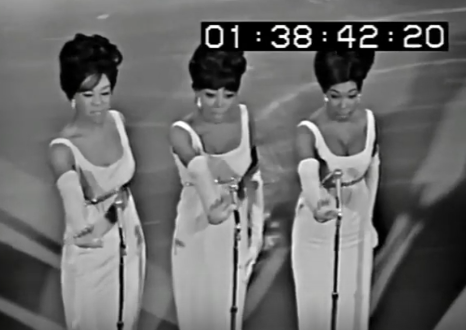 here
here
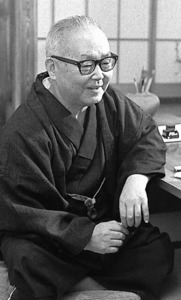
Masuji Ibuse (born February 15, 1898) Japanese novelist – Black Rain / Kuroi Ame (1966)
Read about Masuji Ibuse here
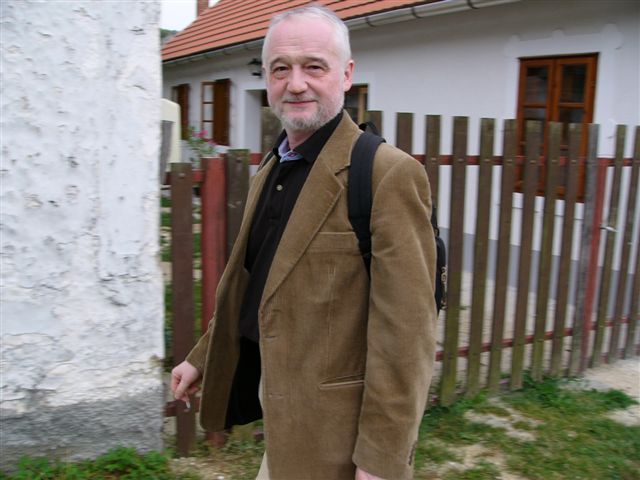
Adam Nadasdy (born February 15, 1947) Hungarian poet and linguistics scholar
From "Hungarian – A Strange Cake on the Menu"
It is worth comparing the recent history of Hungarian and its speakers with that of the Irish and their language. Around the middle of the 19th century the Irish (so to speak) agreed among themselves to abandon the traditional Gaelic Irish language and to go over to English. Today almost all Irish people living in the world are native speakers of English, and can no longer read or understand Irish. This may be a sad fact for the loss of a rich and ancient language, but – let’s be frank – a great bonus for the nation, since they possess an international language, and hundreds of millions can easily read anything written by Irish writers (not speaking of the advantages in commercial, military, etc. life).
Hungarian was in a very similar situation vis-á-vis German as Irish was with English; however, the opposite happened. In the mid-nineteenth century masses of people living in the Kingdom of Hungary, whatever their mother tongue, agreed to switch over to Hungarian, and indeed, in a few generations much of the country (certainly what was to become present-day Hungary) became monolingual Hungarian-speaking. ...The knowledge of foreign languages is pathetically low, compared to Holland, Portugal, Greece, or Finland. The Irish have eaten their cake; the Hungarians have it.
Read the essay "The Lord's Fiddle"
Some of Nadasdy's poems in Hungarian are here
Watch Nádasdy's 2013 presentation on the history of language and national identity (Hungarian language)
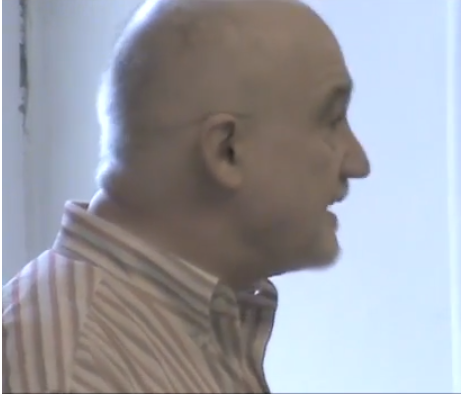 here
here
Nadasdy sings! "Piros rózsák beszélgetnek" - Nádasdy Ádám és Nádasdy Vilma magyarnóta-estje